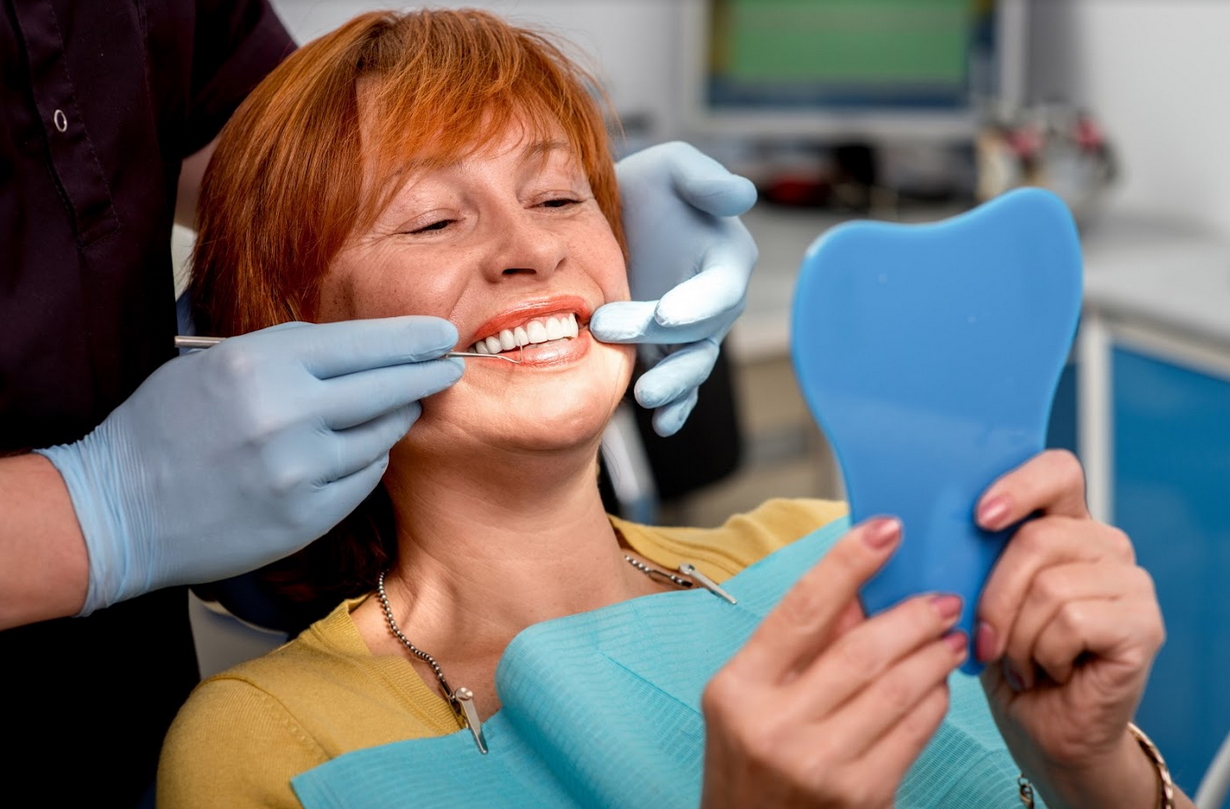7 Critical Questions You Should Ask A Dentist In Bankstown Before Getting Dentures
- Written by News Company

Prosthodontics is a specialized practice of dentistry that pertains to using dental prosthesis, or dentures, to replace missing teeth. Getting dentures is a decision that’s generally best preceded by a consultation with your dentist. You may have concerns and questions about whether it’s necessary or appropriate for your dental needs.
Seniors and, sometimes, younger patients may explore this option if they have dental complications that can’t be helped or resolved through other methods and procedures. Artificial teeth are a non-invasive alternative to surgical implants, and may be requisite when your natural teeth have been or need to be removed. Some of the signs that may necessitate getting dentures are:
- Advanced gum disease
- Advanced tooth decay
- Loose or shifting teeth
- Widening gaps between teeth
- Raw nerve pain in the center of teeth
If you’re a senior Bankstown resident or, possibly, a younger candidate for dentures, take some preemptive self-care initiative and schedule an appointment with a dentist in Bankstown or in the local vicinity. Prior to your appointment, prepare a list of all your questions so that you can thoroughly explore your options and confidently make an informed decision. Your questions ought to be specific to your personal routines concerning dental care, your relevant medical history, and any oral discomfort or pain you’ve been experiencing.
Here are seven pertinent and valid questions to ask before deciding to move forward with your prosthodontic investment:
- 1. Do I need full or partial dentures?
This depends on the state of your teeth, and your dentist will need to do a full examination before making a recommendation. If you’re missing all your teeth, you’ll most likely need full dentures. If you’re missing some teeth, but still have natural ones intact, inquire about your options for partial prosthesis, such as bridges and implants.
- 2. What is the average cost or price range?
Costs for dentures and affiliated services depend on the dentist you go to and the kind of dentures you’re getting. Ask for a full estimate, and, for the sake of comparison, you can get quotes from more than one dental care provider. On average, dentures cost between USD$600 and USD$1000, without insurance.
- 3. Will my insurance cover some of the costs?
Getting dentures can be costly, but most dental insurance plans will cover some, if not all, of the costs since this is considered a functional and not a cosmetic service. Verify with your dentist that your insurance is accepted and will pay for your denture expenses.
- 4. How much pain is involved?
You’ll probably wonder what pain or discomfort to expect, if any, when considering an investment in dentures. It’s not uncommon for some oral irritation related to dentures to surface, especially in the beginning, but ask your dentist about any discomfort the process could entail, and how long you should anticipate it to last.
- 5. How will having dentures impact my daily oral care routine?
Just as natural teeth do, dentures require daily care to keep them clean and maximize their life span. Consistent oral hygiene also prevents irritation and infections. Ask your dentist about what you should and shouldn’t do with regard to proper denture hygiene and maintenance, as well as what products they would recommend for cleaning and sterilizing purposes.
- 6. Will I need to be careful about what I eat?
It’s helpful to have guidelines about what foods to avoid eating with dentures to lower the risk of breakage or damage. As a general rule of thumb, you’ll be advised to avoid eating anything hard, sticky, or chewy, especially when you first get dentures and your mouth is adjusting to them. Gum would be particularly advised against.
- 7. Will dentures affect my speech?
It’s natural to have concerns about whether dentures might cause speech impediments. As long as your new dentures are properly fitted by your dentist, any changes in your speech normally should go away within a short period of time, during which your lips, tongue, and cheeks adapt. Ask your dentist about having them adjusted if difficulties with talking or eating persist.
Conclusion
It’s important to select a dentist that you feel you can trust and can put your mind at ease when you’re considering dentures. Compared to other dental procedures, getting dentures is a fairly painless process, but you’ll want it to be stress and worry-free as well. This can be an emotional experience for some and you may feel more comfortable consulting with your regular dentist.
Bear in mind, however, that unless your dentist specializes in dentures, a prosthodontist might be a better resource for professional advice and information. Having all your questions answered is the first step to getting the right diagnosis and treatment.

